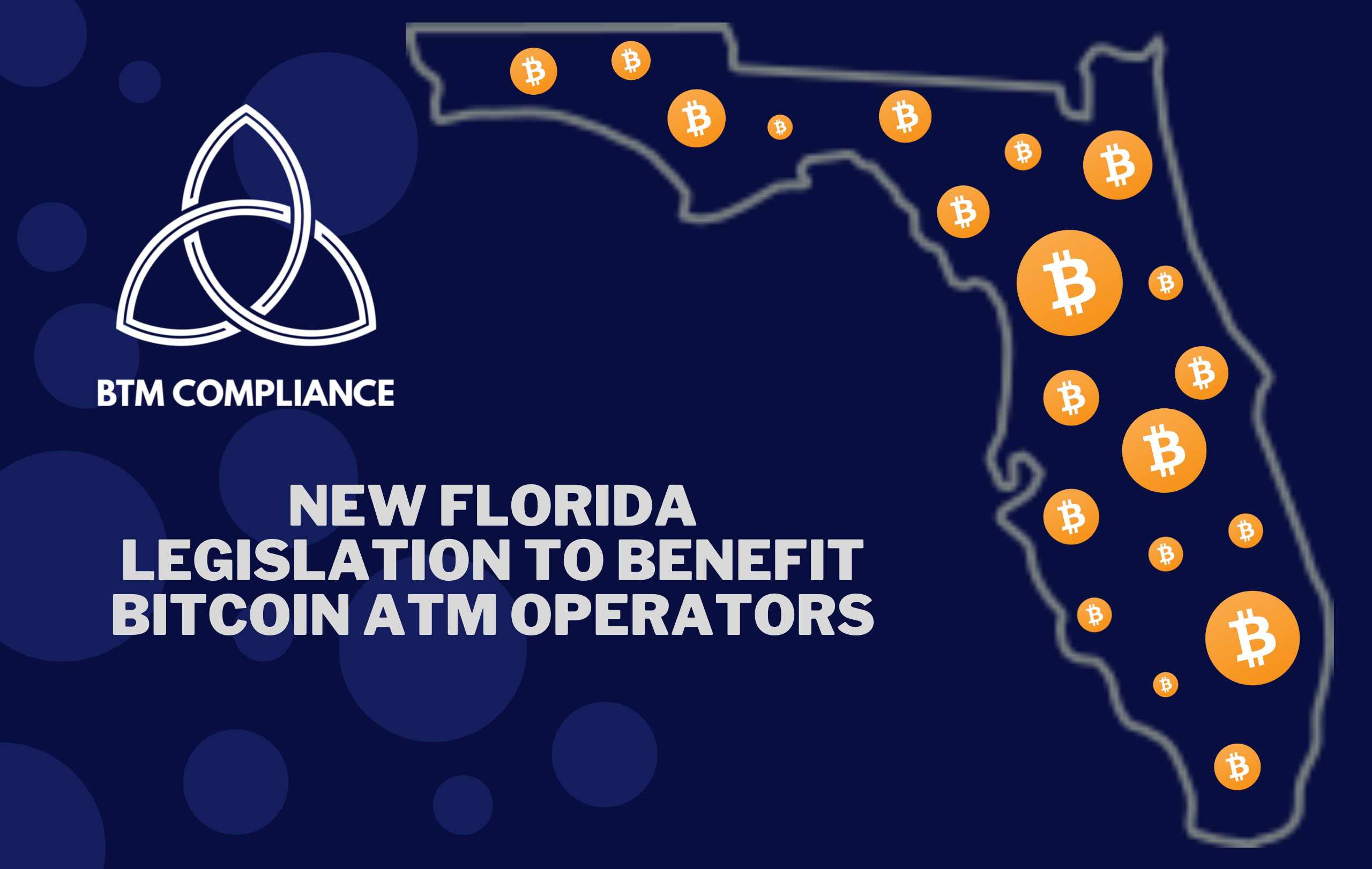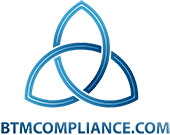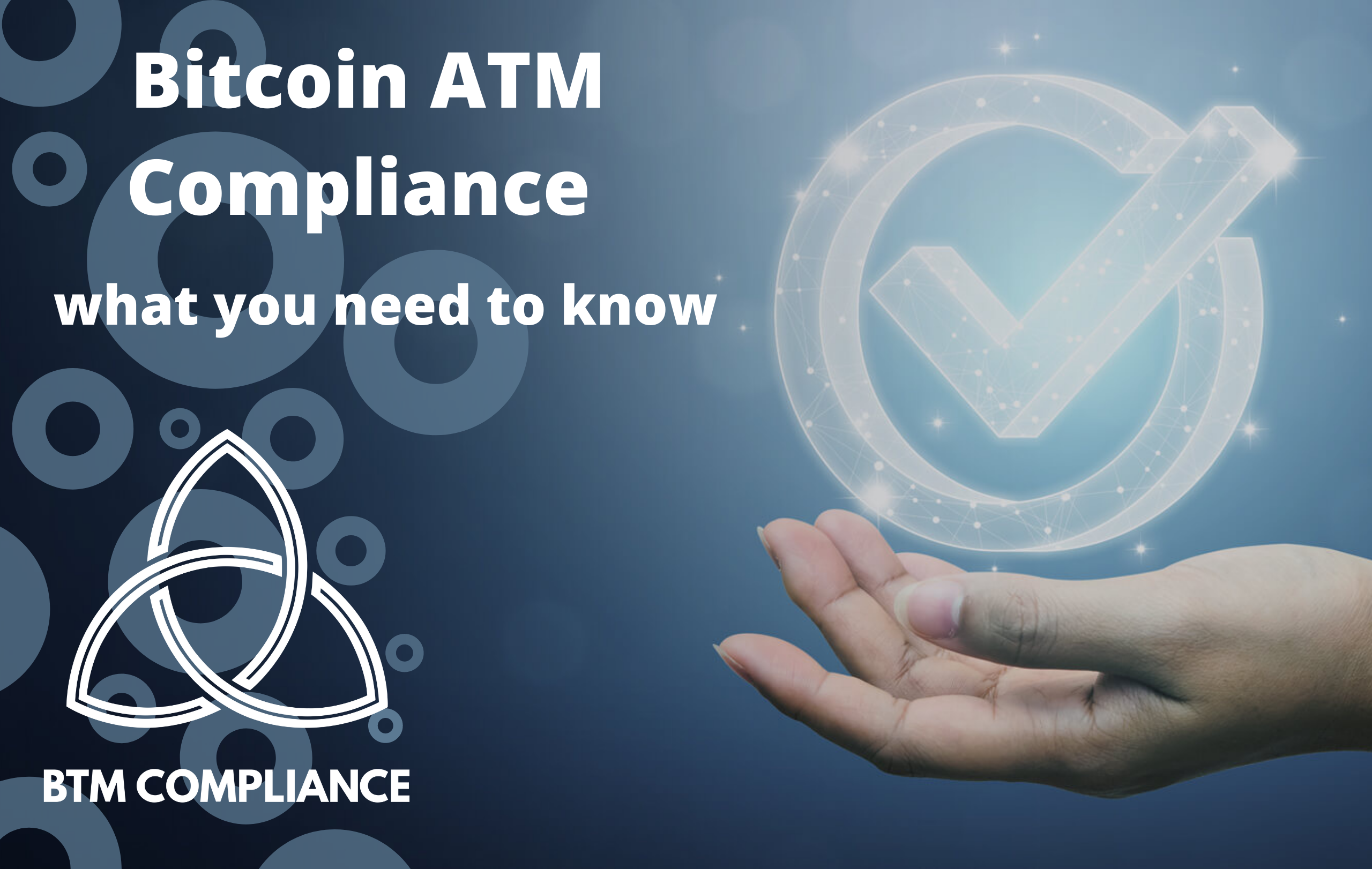Introduction
The Bitcoin sector has experienced a tremendous expansion in recent years, especially with the surge of Bitcoin ATM kiosks. For Bitcoin ATM operators in the US, adhering to federal and state regulations is crucial in achieving BTM compliance.
Delivering a smooth and secure experience for customers is essential in sustaining a thriving business within this rapidly growing industry.
Key Aspects of BTM Compliance
- FinCEN (The Financial Crimes Enforcement Network) registration: The first step toward BTM compliance
-
Local and state regulations: Crucial for operating Bitcoin ATM kiosks
-
Developing a dedicated compliance program: Essential for Bitcoin ATM providers
-
Anti-Money Laundering (AML) and Know Your Customer (KYC) and its Connection to BTM Compliance
-
Monitoring compliance: Regular training and audits
-
Providing better services and more options for customers
Understanding the Importance of Bitcoin ATMs
According to Atm Marketplace, as of this writing, there are more than 36,000 Bitcoin ATMs globally, with the United States boasting the largest number of these machines.
This impressive growth highlights the increasing significance of regulatory compliance for Bitcoin ATM providers, ensuring a secure business model for both the operators and customers.
FinCEN Registration: The First Step Towards BTM Compliance
To comply with anti-money laundering (AML) regulations, all Bitcoin ATMs must complete FinCEN registration.
This bureau of the US Department of the Treasury gathers and scrutinizes financial transaction data to combat money laundering, terrorist financing, and other financial crimes at home and abroad.
Local and state regulations: Crucial for operating Bitcoin ATM kiosks
Companies looking to operate Bitcoin ATM kiosks must thoroughly research local and state regulations. Several states have additional requirements and rules. In some states operations, it must hold a Money transmitter license (MTL) others have more specific requirements, for example, in New York where operators need a Bitlicense in order to legally operate a Bitcoin ATM fleet.
It’s essential to investigate specific local and state regulations before launching a Bitcoin ATM business. By doing so, BTM companies ensure to operate in line with all the regulations.

New Florida Legislation to Benefit Bitcoin ATM Operators
Developing a Compliance Program: The Foundation of a Successful Bitcoin ATM Business
An essential aspect of BTM compliance is the development of a dedicated compliance program. Companies planning to start a Bitcoin ATM business must designate a dedicated compliance officer and create a written Know Your Customer (KYC)/AML program.
This compliance program will help service providers outline the policies they’ll implement in their operations, ensuring the collection of appropriate information from the customers and an effective AML procedures.
Monitoring Compliance: Regular Training and Audits for a Secure Operation
To maintain compliance, operators should participate in KYC/AML training regularly and arrange periodic third-party audits of their programs and operations. These measures are vital for preventing fraud, managing risk, and protecting businesses from potential legal consequences.
Anti-Money Laundering (AML) and its Connection to BTM Compliance
AML regulations are a critical component of BTM compliance. A recent study by Chainalysis, a prominent blockchain analytics firm, found that illegal cryptocurrency transactions involving U.S.-sanctioned parties reached a staggering $20.1 billion. This fact highlights the critical need for Bitcoin ATM operators to adhere to AML regulations.
Enhancing the Customer Experience: Leveraging Technology for BTM Compliance
By utilizing cutting-edge software solutions and having a well trained compliance team attentively addressing customer needs, Bitcoin ATM operators can improve compliance measures and deliver a more enjoyable experience for users.
These operators can rely on a team of expert BTM compliance specialists who can advise operators and oversee transactions and related operations, offer training, and give guidance on implementing Know Your Customer (KYC) and AML programs.
Regularly Reviewing and Updating BTM Compliance Procedures
It’s essential for Bitcoin ATM providers to take a proactive approach by frequently evaluating and refining their compliance procedures.. This involves staying up-to-date with any alterations in regulations, modifying policies and procedures as required, and delivering ongoing training for internal staff members and customer support personnel.
By adopting these measures, operators can ensure they maintain the highest level of BTM compliance and effectively manage any risks associated with their business framework.
Conclusion
BTM compliance serves as a vital element in managing a thriving and legally compliant Bitcoin ATM enterprise. By understanding and adhering to federal and state regulations, implementing a dedicated compliance program, and utilizing technology effectively, operators can ensure a reliable experience for their customers. In doing so, they contribute to the overall growth and adoption of cryptocurrencies in the market.
Additional Information (FAQs)
How can Bitcoin ATM operators stay informed about the changing regulatory landscape?
BTM Service providers can stay up to date by actively monitoring news sources, subscribing to industry newsletters, and attending relevant conferences and workshops. Engaging with local regulatory bodies and joining industry associations can also help operators keep track of regulatory changes.
What penalties might Bitcoin ATM providers face for non-compliance with KYC/AML regulations?
Non-compliance with KYC/AML regulations can lead to severe penalties, including substantial fines, loss of operating licenses, and potential criminal charges against the company and its officers.
How do state and local regulations affect BTM compliance?
State and local regulations can vary significantly and may impose additional requirements on BTM operators, such as licensing, bonding, or reporting obligations. It is crucial for operators to research and comply with all applicable regulations in their specific jurisdiction to avoid legal issues and penalties.
How can regular third-party audits benefit Bitcoin ATM operators?
Regular third-party audits help BTM operators assess the effectiveness of their compliance program and identify any areas that need improvement. These audits not only demonstrate the operator’s commitment to maintaining a compliant and secure environment but also help protect the business from potential legal repercussions by ensuring that all regulatory requirements are being met.




